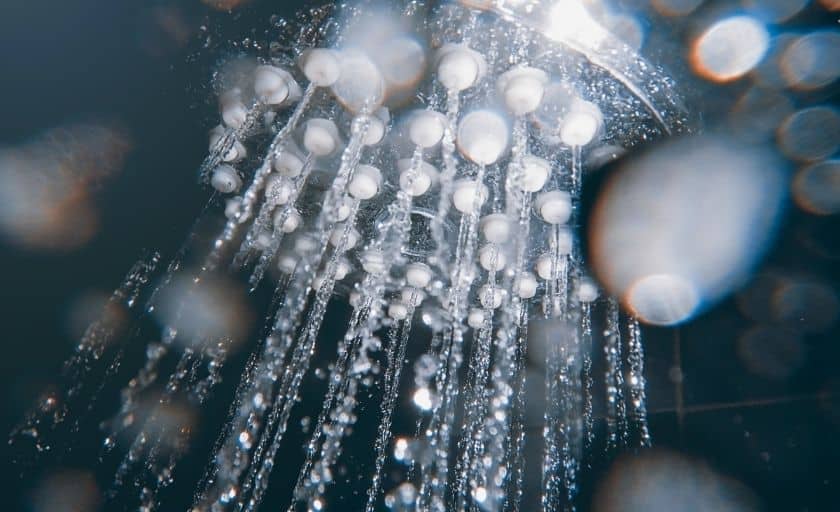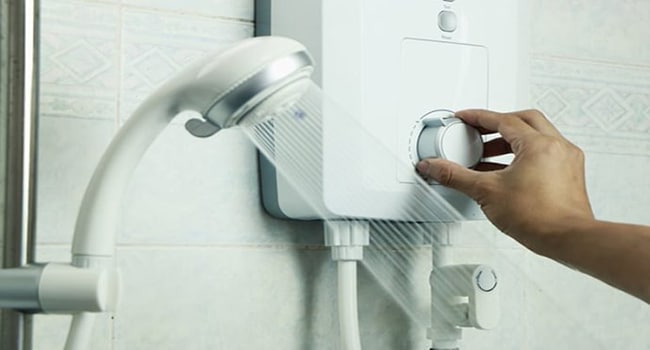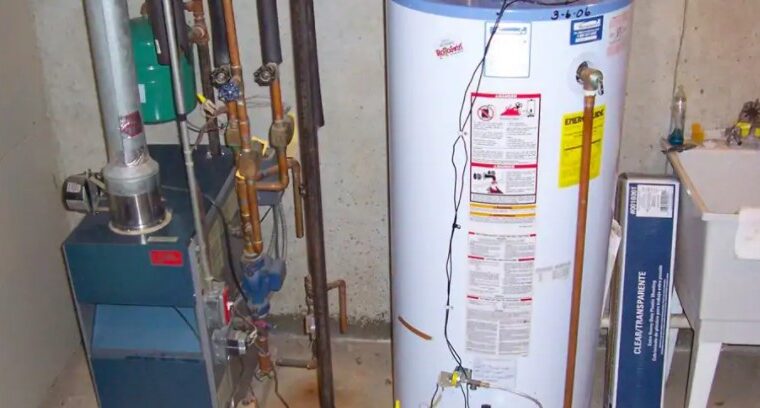Normally, you won’t be too concerned with how your water heater works or how much time it requires to warm the water as long as it is fulfilling your needs. However, it’s only when an issue arises that you start to have questions about everything related to it. So, this article will try to satisfy your curiosity about the time it may take a water heater to make the water hot enough for usage.
Whether you’re looking to buy a water heater for the first time, you want to replace the previous unit you own, or want to compare the amount of time your unit takes with the average time a water heater normally takes to heat up the water, your queries will be answered here.
Because knowing the average time that water heaters usually take to heat up the water will help you make informed decisions while purchasing a certain type of water heater. It will also help existing users determine if their unit consumes more time than usual or not.
The types of water heaters:
It’s important to know that water heaters are divided into four categories. Their shape and size may differ; however, the main categories include:
- Electric tank heater
- Gas tank heater
- Electric tankless heater
- Gas tankless heater
Now that you understand this, you may know that tank and tankless water heaters differ in how they fulfill your warm water needs. The source of power like gas or electricity also affects the performance of this appliance.
How much time does a water heater take to heat up water?
A standard-sized gas tank water heater may take 35 to 40 minutes to warm the water. The gas tank heater stores the water in a tank, so you may get hot water when needed, given you haven’t used up all the water already.
When it comes to the electric tank water heater, the waiting time would double. So, it may take more than an hour for the water to heat up fully. You may give 80 minutes to your electric water heater to warm the water properly.
The time difference between the two types of tank water heaters comes from the power source. Natural Gas works as a powerful energy fuel which makes it a better choice than an electric one. However, when we talk about tankless water heaters, it’s a whole other story.
The tankless gas and electric heater do not take more than a few seconds or one minute to deliver you hot water. That’s because it heats up the water when you need it, unlike storing it in a tank. Due to working on demand, it doesn’t consume a lot of time and quickly gives you hot water.
However, you must keep in mind that the size of a unit, its age, the distance of the water heater from the taps, and how much water you’re using will determine the exact time your specific unit may take to heat up the water.
For instance, a small-sized tank heater would be quick in warming the water as compared to a bigger-sized tank water heater. But, if you use a lot more than your water heater can keep up with, then you may upgrade to a bigger unit or install one more to meet your family’s hot water needs. And this rule applies to both tank and tankless water heaters.
What could be the reasons for your water heater to perform slowly?
There could be a number of reasons why your water heater acts slow, consuming way more time than usual to heat up the water.
Poor quality water heater
It could be possible that your water heater is poorly built and doesn’t perform efficiently. That’s why it takes a lot more time to provide hot water. Too much time consumption is only one of the symptoms of poor-quality water heaters. Other issues like low pressure of water, or no availability of hot water at all could cause more problems for you.
The water heater is too old and needs replacement:
If your machine is 10-plus years old and doesn’t heat up the water as quickly as it used to do in the past, it means you should consider replacing the unit. Before more issues pile up, get yourself a good quality water heater.
Sediment buildup:
Even though the sediments in water won’t harm you as they are formed naturally over time, they can definitely cause severe problems for the water heater if they aren’t taken care of on time. Not only can they wear out the energy efficiency of the machine that helps in heating the water but also block the pipes eventually. Fortunately, you can flush out the tank and clear out all the sediments from the appliance.
The temperature of water:
If the temperature of the water is really cold then it could take more time for the water heater to heat up the water. It doesn’t mean that there’s something wrong with it, so you would need to be patient here.
Final thoughts:
As we told you, there are several factors that control the time your water heater would take to heat up the water. The tank water heaters also take recovery time after you use up all the stored water. However, if you insulate the pipes well, it may also help the water to heat up quicker, allowing the water heater to become more efficient. If you don’t want to wait a lot and need hot water on demand, then a gas tankless water heater may be your best choice.



